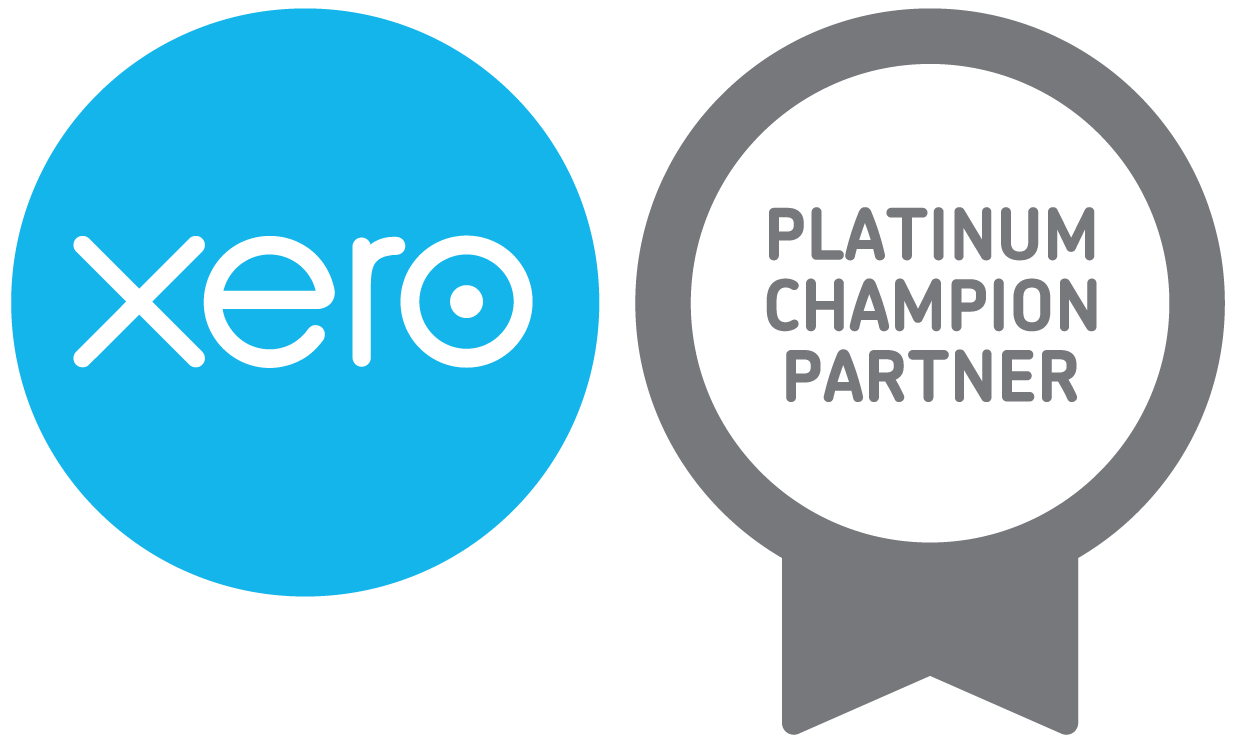Childcare Benefits for Working Parents

Childcare Benefits for Working Parents. A practical guide to childcare support for working families.
As a working parent, managing childcare costs while staying tax-efficient can be a real balancing act. With the government offering several support schemes including Child Benefit, Free Childcare Hours, and Tax-Free Childcare, it’s important to understand how your income affects what you’re entitled to.
This guide explains the key schemes and offers strategies to help you maintain access to these benefits, even if your earnings approach the upper thresholds.
Child benefit
Child Benefit is a universal payment made to parents or guardians of children under 16, or under 20 if the child remains in full-time education or approved training. In the 2025/26 tax year, you can receive £26.05 per week for your first child and £17.25 for each additional child.
While this benefit isn’t means-tested initially, it is subject to the High Income Child Benefit Charge (HICBC). If you or your partner earns over £60,000 in adjusted net income, you'll begin to repay some of the benefit via a tax charge as part of a Self Assessment Tax Return. Once income exceeds £80,000, the benefit is effectively wiped out.
If you’re close to these thresholds, there are legitimate ways to bring your adjusted net income below the limit. Increasing pension contributions through a personal pension or salary sacrifice scheme reduces your taxable income and can help preserve your entitlement or utilising other salary sacrifice benefits such as electric car schemes or additional leave.
Free childcare hours
The government’s Free Childcare Hours scheme is expanding. From September 2025, working parents of children aged 9 months to school age can access up to 30 hours of free childcare per week during term time (38 weeks a year). You can also choose to spread the hours over the full year, receiving fewer hours per week but consistent support.
To qualify, each parent must earn at least £10,158 a year (equivalent to 16 hours per week at minimum wage) but no more than £100,000 in adjusted net income. The earnings test applies to each parent individually. If one parent exceeds £100,000, the family loses the entitlement.
This makes careful income planning essential. If you're approaching the £100,000 mark due to bonuses, dividends, or salary increases, consider increasing pension contributions or using salary sacrifice schemes to remain under the threshold. This strategy not only protects your childcare support but also improves your long-term retirement savings.
Tax-free childcare
Tax-Free Childcare is another valuable scheme for working parents. Under this system, for every £8 you contribute to your childcare account, the government adds £2, up to a maximum of £2,000 per year per child (or £4,000 for a disabled child). The funds can be used to pay registered childcare providers including nurseries, childminders, and holiday clubs.
To be eligible, both parents must work and earn at least £10,158 annually, but neither can earn more than £100,000 in adjusted net income. Like the Free Childcare Hours scheme, this is assessed individually. Falling just £1 over the £100,000 mark results in a complete loss of eligibility, making income management critical.
Again, pension contributions and salary sacrifice arrangements are effective tools. By reducing your adjusted net income, you can continue to access the full benefits of the scheme while building financial security for the future. If you’re self-employed or have fluctuating earnings, it may be possible to average your income over time or plan the timing of income to stay below the threshold in key tax years.
Planning tips
Childcare benefits are generous but can be quickly lost if your income isn’t carefully managed. For example, passing the £100,000 income threshold can result in the loss of both Tax-Free Childcare and Free Childcare Hours worth thousands annually.
However, many parents are unaware that their “headline salary” isn’t necessarily the same as their “adjusted net income.” This means with the right financial planning, you can retain access to these schemes even if your gross salary seems too high.
Pension contributions are among the most effective and straightforward ways to reduce your adjusted income. Not only do they help you remain eligible for childcare benefits, but they also offer tax relief and support your retirement goals.
Understanding the interaction between your income and childcare support is vital, especially as thresholds are absolute and there’s no taper once they’re exceeded. With smart planning, you can retain your eligibility and make full use of the support available to working families.
At Bernard Rogers & Co, we specialise in advising parents, small business owners, and self-employed individuals on how to manage their finances in a tax-efficient way. Whether you need help with income planning, pension strategy, or navigating the complexities of childcare benefits, our expert team is here to help.
Contact us today to ensure you’re getting the most from your income while keeping your childcare benefits secure.
Visit our website at www.bernard-rogers.co.uk Call our office on 01926 851516 or email Michelle, Head of Tax and Payroll at michelleblakemore@bernard-rogers.co.uk
Discover more tax guidance articles.
We hope you find these summaries useful and do let us know if there is a topic you would like further information on – suggestions are always welcome!
David's Christmas Reflection 2025
As we reach the end of another year, I’ve been looking back at everything that has happened across Bernard Rogers & Co and the wider business world. It has been a year with no shortage of change, challenges and the occasional surprise, but also one filled with progress, good conversations and a few proud moments along the way.
5 Things Every Business Owner Should Do Before Breaking Up for Christmas
As the year draws to a close, many business owners find themselves trying to wrap up client work, manage staff leave, and plan for the new year - all while attempting to enjoy the festive season. December always feels short, and once schools break up, productivity often drops whether we intend it to or not.
Digital ID for Workers: What Small Businesses &Contractors Need to Know
When the Prime Minister announced plans to make digital identity cards mandatory for working adults, it captured headlines...
Contact us for a free, informal chat.
Message us today to explore tailored solutions that meet your unique business needs.




